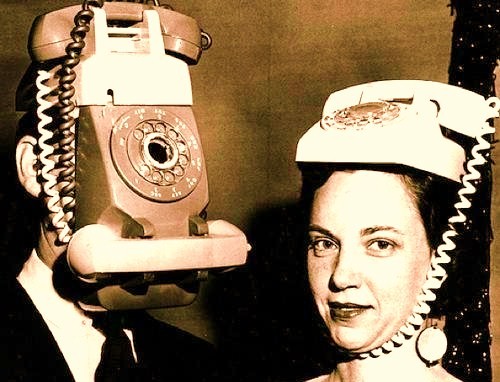In debating whether smartphones and other recent technologies, with their “prosthetic” effect on intelligence, are good or bad for us (Editor’s note: They are good for us), Tim Wu of the New Yorker sets up a fictional scenario to explain the power stashed in our shirt pockets:
“A well-educated time traveller from 1914 enters a room divided in half by a curtain. A scientist tells him that his task is to ascertain the intelligence of whoever is on the other side of the curtain by asking whatever questions he pleases.
The traveller’s queries are answered by a voice with an accent that he does not recognize (twenty-first-century American English). The woman on the other side of the curtain has an extraordinary memory. She can, without much delay, recite any passage from the Bible or Shakespeare. Her arithmetic skills are astonishing—difficult problems are solved in seconds. She is also able to speak many foreign languages, though her pronunciation is odd. Most impressive, perhaps, is her ability to describe almost any part of the Earth in great detail, as though she is viewing it from the sky. She is also proficient at connecting seemingly random concepts, and when the traveller asks her a question like ‘How can God be both good and omnipotent?’ she can provide complex theoretical answers.
Based on this modified Turing test, our time traveller would conclude that, in the past century, the human race achieved a new level of superintelligence. Using lingo unavailable in 1914, (it was coined later by John von Neumann) he might conclude that the human race had reached a ‘singularity’—a point where it had gained an intelligence beyond the understanding of the 1914 mind.
The woman behind the curtain, is, of course, just one of us. That is to say, she is a regular human who has augmented her brain using two tools: her mobile phone and a connection to the Internet and, thus, to Web sites like Wikipedia, Google Maps, and Quora.”
Tags: Tim Wu

